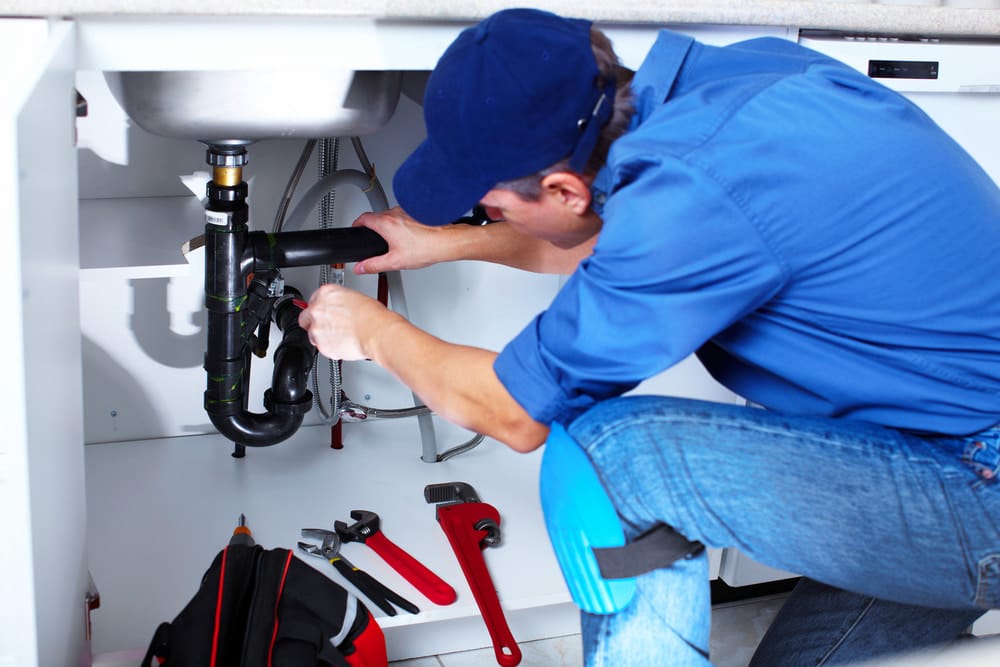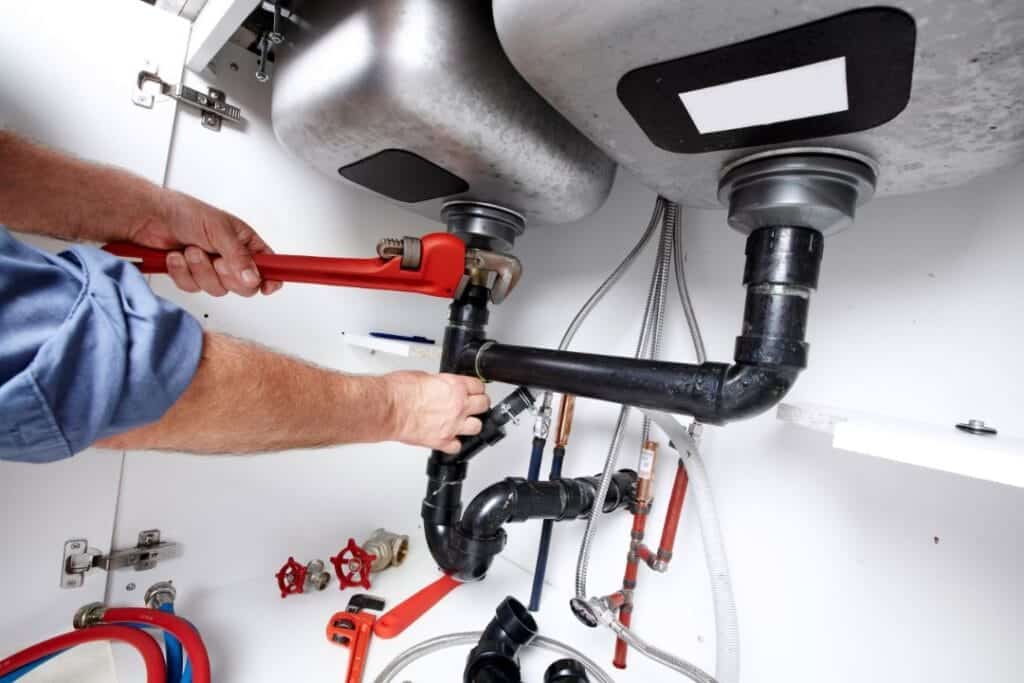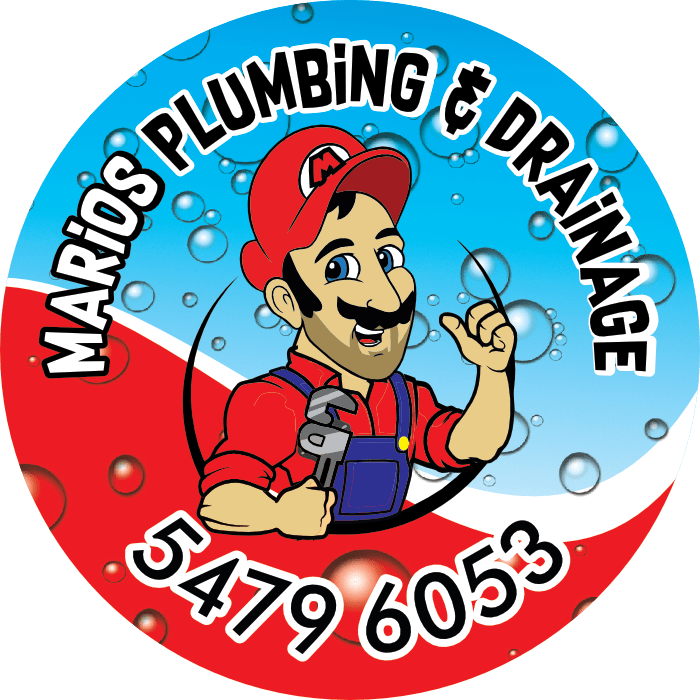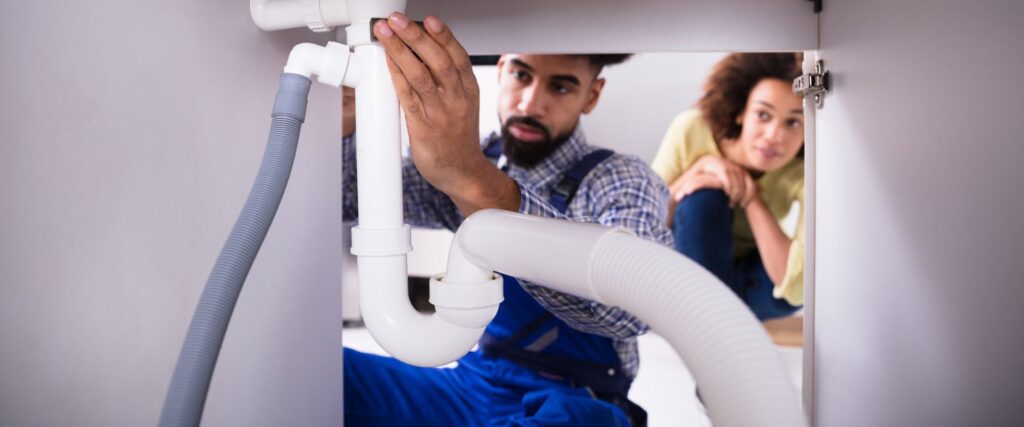Welcome to the Insider’s Guide from a Seasoned Sunshine Coast Plumber!
Whether you’re a homeowner, a renter, or just curious about plumbing maintenance, you’ve come to the right place. Plumbing issues can feel daunting, but with the right knowledge, you can handle them with ease—and even prevent them altogether. In this blog series, we’ll share valuable tips straight from the field, offering expert advice on everything from simple fixes like clearing a clogged drain to more complex tasks such as hot water system maintenance.
But that’s not all—we’re more than just plumbers. We’re proud to be a part of the local Sunshine Coast community, working closely with a network of trusted local businesses. From suppliers of beautiful garden lighting to home improvement experts, we’re always connecting homeowners with the best local talent to enhance their homes, both inside and out.
In this series, you’ll learn how to spot early signs of plumbing trouble, when it’s safe to DIY and when it’s time to call a professional, and the best practices for keeping your plumbing in top shape all year round. We’ll also highlight some of our favorite local partners and how their products,
By the end of this series, you’ll have the confidence and know-how to tackle common plumbing issues head-on, and with our extended local network, you’ll be well-equipped to take your home improvements to the next level.
Stay tuned for expert insights that will save you time, money, and headaches!
Preventative Maintenance: Year-Round Tips for Coastal Plumbing

Living on the beautiful Sunshine Coast comes with its perks, but it also brings unique challenges to maintaining your home’s plumbing system. From salty air to high humidity, coastal environments can accelerate wear and tear on plumbing fixtures and pipes. To ensure your plumbing stays in top shape year-round, proactive maintenance is key. Here are essential tips to help you safeguard your plumbing against the elements and avoid costly repairs down the road.
Regular Inspections
Schedule regular inspections of your plumbing system, ideally twice a year. Start by checking exposed pipes for signs of corrosion or leaks. Look under sinks, in basements or crawl spaces, and around water heaters. Catching small issues early can prevent them from turning into major plumbing emergencies.
Monitor Water Pressure
Coastal areas often experience fluctuations in water pressure. Invest in a water pressure gauge to monitor levels regularly. High water pressure can strain pipes and fixtures, leading to leaks and bursts. If your gauge consistently shows high pressure, consider installing a pressure regulator to protect your plumbing system.
Protect Against Saltwater Corrosion
Saltwater can be particularly corrosive to plumbing components. Install a whole-house water filter or a specific filter at the point of entry to reduce the amount of salt and minerals in your water supply. Regularly flush your water heater to remove sediment buildup, which can accelerate corrosion.
Clean Gutters and Downspouts
Clear debris from gutters and downspouts at least twice a year, especially after storms or heavy rains. Clogged gutters can cause water to back up and overflow, potentially damaging your roof and exterior walls. This excess water can also seep into the ground around your home’s foundation, putting pressure on underground pipes.
Insulate Pipes
Even in milder coastal climates, pipes can freeze during unexpected cold snaps. Insulate exposed pipes in unheated areas like basements, crawl spaces, and attics to prevent them from freezing and bursting. Use insulation sleeves or wrapping designed for pipes to maintain a consistent temperature.
Choosing the Right Fixtures and Materials for a Coastal Environment

: Living in a coastal environment like the Sunshine Coast offers unparalleled natural beauty and a unique lifestyle. However, it also presents challenges when it comes to maintaining your home, particularly your plumbing system. Coastal areas are exposed to salt air, humidity, and sometimes extreme weather conditions, all of whichh can impact the longevity and performance of plumbing fixtures and materials. Choosing the right fixtures and materials that can withstand these elements is essential for ensuring your plumbing system remains reliable and durable. Here are eight tips to help you select the best options for your coastal home.
Corrosion-Resistant Materials
One of the primary concerns in coastal environments is corrosion. Opt for plumbing fixtures and materials that are specifically designed to resist corrosion caused by salt air and moisture. Stainless steel, brass,, and certain types of plastic (such as CPVC) are excellent choices for pipes, faucets, and fittings. These materials are more resistant to rust and degradation over time.
PVC or CPVC Pipes
Consider using PVC (Polyvinyl chloride) or CPVC (Chlorinated Polyvinyl Chloride) pipes for your plumbing system. These materials are known for their durability and resistance to corrosion, making them suitable for coastal areas. CPVC, in particular, is often preferred for hot water lines due to its ability to handle higher temperatures.
Brass or Stainless Steel Faucets and Fixture
When selecting faucets, showerheads, and other fixtures, prioritize those made from brass or stainless steel. These materials are highly resistant to corrosion and can withstand the salty air and humid conditions typical of coastal regions. Look for fixtures with a high-quality finish that provides additional protection against tarnishing and wear.
Ceramic Disc Valves
Choose plumbing fixtures with ceramic disc valves rather than traditional rubber washers. Ceramic disc valves are more durable and provide better control over water flow, reducing the risk of leaks and drips. They also tend to last longer and require less maintenance, making them ideal for coastal homes where plumbing longevity is crucial.
High-Quality Water Heaters
Invest in a water heater specifically designed for coastal environments. Look for models with a corrosion-resistant tank lining or consider tankless water heaters, which eliminate the risk of tank corrosion altogether. Regularly flush and maintain your water heater to remove sediment buildup, which can accelerate corrosion in coastal areas.
Emergency Plumbing: What to Do Before the Plumber Arrives
Facing a plumbing emergency can be stressful, especially in coastal areas like the Sunshine Coast where immediate action is crucial to prevent damage. Knowing what steps to take before the plumber arrives can make a significant difference in minimizing the impact on your home. Here are essential tips to help you handle a plumbing emergency effectively.
- Shut Off the Water: Locate the main water shut-off valve and turn it off immediately to stop the flow of water. This valve is typically located near the water meter or where the main water line enters your home. Turning off the water can prevent further flooding and damage to your property.
- Assess the Situation: Evaluate the extent of the pluumbing issue and identify any potential hazards, such as electrical appliances near water or structural damage from leaks. Use towels or buckets to contain small leaks or drips, and move valuables and furniture away from affected areas to prevent water damage.
- Turn Off Appliances: If the plumbing emergency involves a specific appliance or fixture (such as a burst washing machine hose or a leaking water heater), turn off the appliance or its dedicated shut-off valve, if safe to do so. This can prevent further water leakage and reduce the risk of electrical hazards.
- Clear the Area for Accessibility: Clear the area around the plumbing issue to provide easy access for the plumber when they arrive. Remove any obstacles or belongings that may hinder their work, ensuring they can quickly assess and address the problem.
Navigating plumbing issues on the Sunshine Coast can be daunting, but armed with insider tips from Mario’s Plumbing and Drainage, you’re better prepared to tackle any challenge. From routine maintenance to unexpected emergencies around the home or garden, understanding the local terrain and climate plays a crucial role in maintaining a smoothly functioning plumbing system. Mario’s Plumbing emphasizes proactive care, offering insights that include scheduling regular inspections, knowing the signs of potential issues, and keeping emergency contact information readily available.
For further assistance or to schedule a consultation with Mario’s Plumbing and Drainage, contact us at 07 5479 6053. Whether you’re facing a leaky faucet or planning a major renovation, our team is dedicated to providing reliable service and expert advice tailored to the unique demands of the Sunshine Coast. Don’t hesitate to reach out for all your plumbing needs and ensure your home or business remains in top condition throughout the year.


